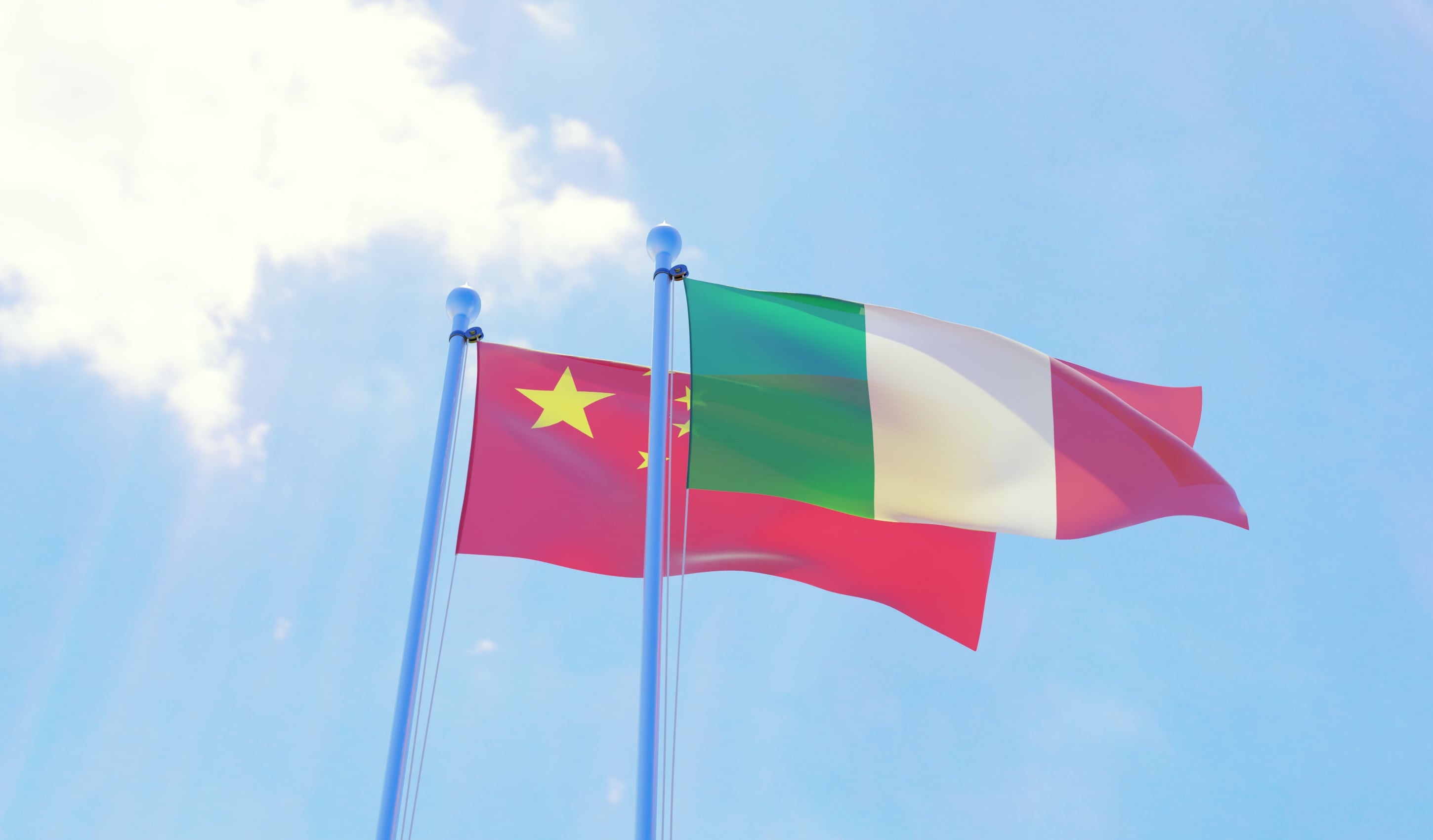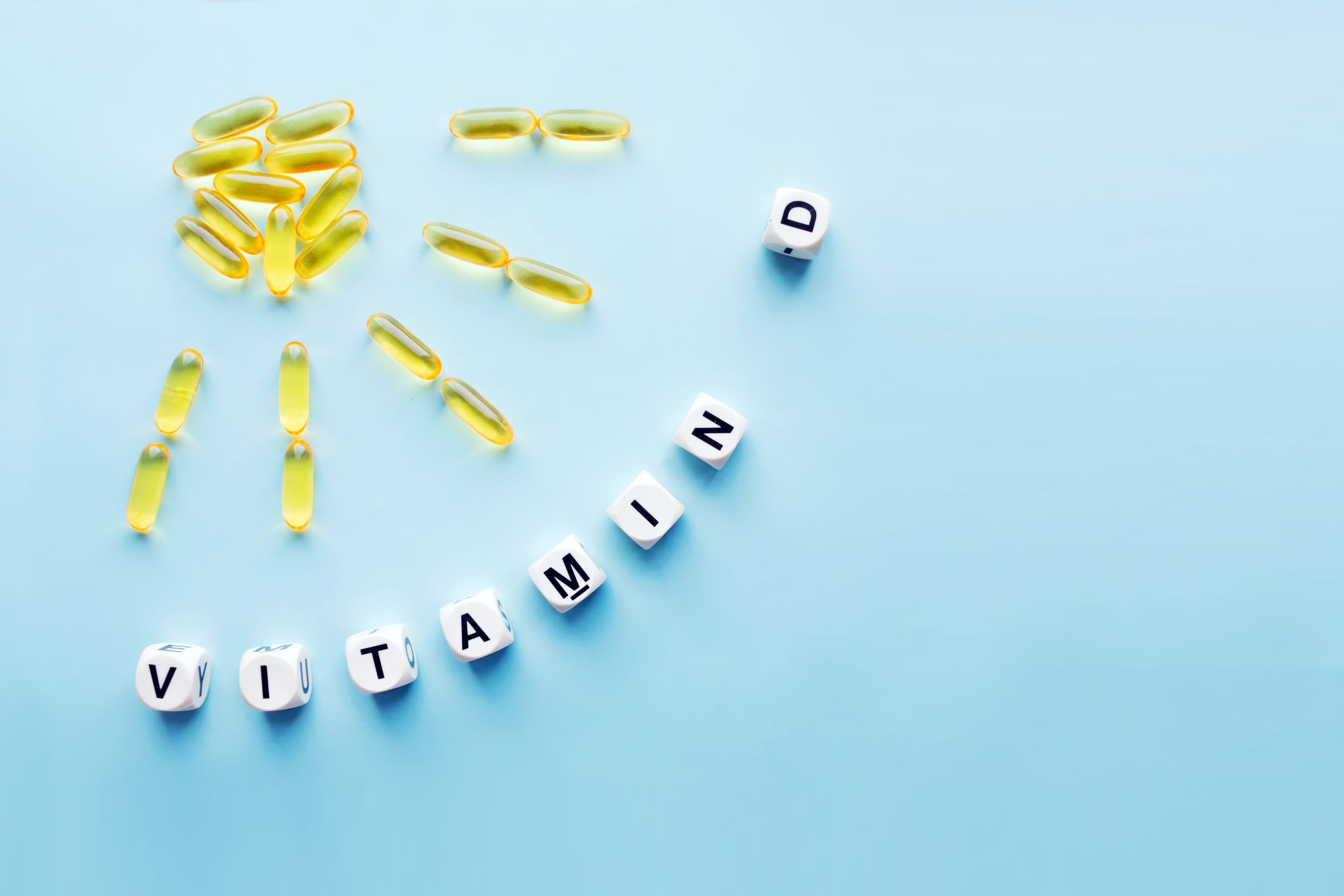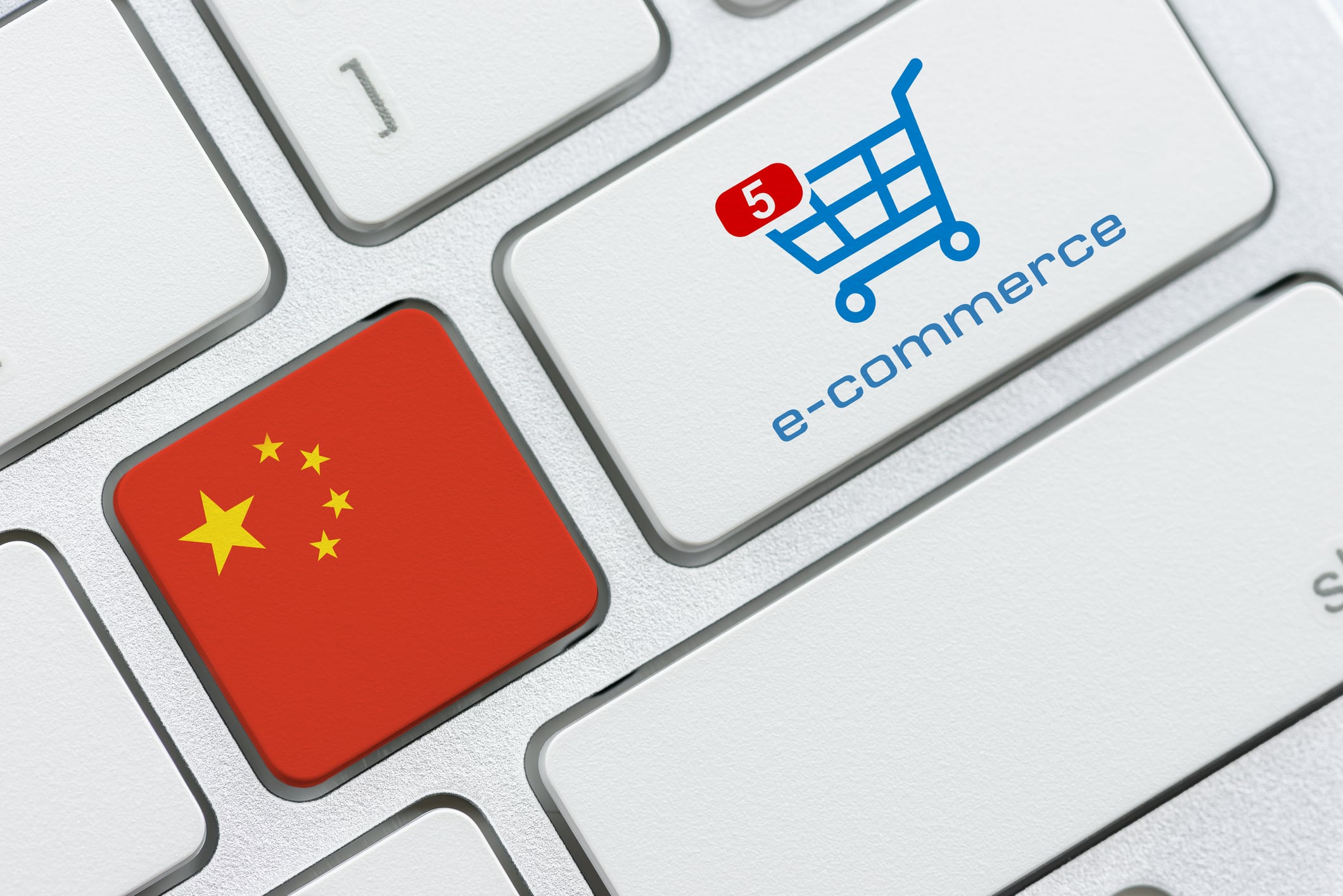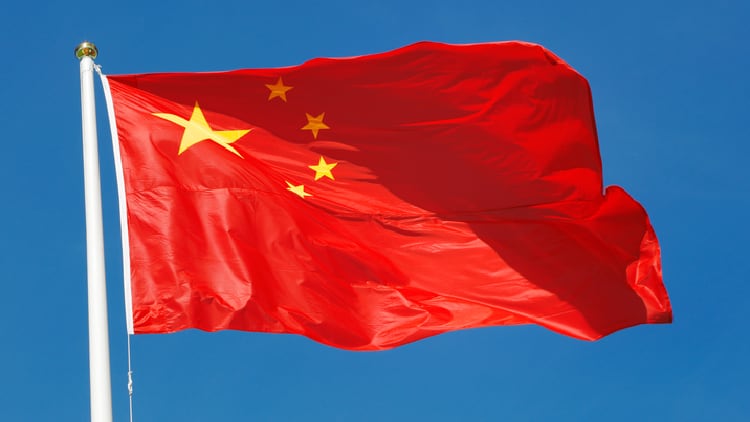Eight Italian companies active in the nutraceutical and pharmaceutical space formed the Italian pavilion for the first time at the expo held in end June.
One of them was Farmaflor, which exhibited in China for the first time.
It is exploring the Chinese market as part of its global expansion plans which started about five years ago. Its overseas business is presently concentrated in Europe and the MENA region.
“It’s almost five years that we started the export business, and we would like to have a global presence,” Giada Galliano, BD & Export Manager, Farmaflor Group told NutraIngredients at the expo.
“This year, we are exploring China and the US markets. We are here to see and discover the types of business that we can do here, as well as finding business partners like distributors and clients.”
The company, which produces its own brand of products, as well as providing contract manufacturing services, believes its sophisticated, natural and science-backed approach stands it in good stead in the Chinese market.
“From what I saw at the expo, it is indeed a competitive market in China with lots of producers,” she added.
“Our products are natural, much more sophisticated and closer to pharma standards, so I have the feeling that having our products and using our technology will be a huge advantage for the Chinese people.”
For instance, the company uses nanotechnology and encapsulation techniques to manufacture its formulations, which is said to increase the products’ bioavailability and efficacy.
She said that the company’s strengths were also in its ability in manufacturing different dosage formats, such as gel, liquid, powder.
Gastrointestinal, urology, gynecology, and neurology some of the key areas that it focuses on for its finished products.
Factors
Part of the reasons for showing interest in China is the size of its nutraceutical market, growth outlook, as well as the growing ability of Italian brands in rivalling other countries in China.
“Italian companies are showing increasing interest in the Chinese nutraceutical market, which, according to the latest data published by the Italian food industry, reached a value of 351 billion yuan (US$48.9bn) in 2024.
“Driven by steadily growing demand and greater public awareness of health and wellness, this market represents a concrete development opportunity,” Germano Scarpa, President of Integratori & Salute said in response to queries from NI.
Integratori & Salute is the leading association for the supplements sector in Italy and is part of Unione Italiana Food.
The formation of the Italian pavilion was led by the Italian food industry association Unione Italiana Food (UIF) in collaboration with the Italian Trade Agency (ITA).
Citing Chinese customs data, Scarpa said that Italian nutraceutical exports to China reached approximately US$200m, showing steady year-on-year growth.
He added that growth prospects were favorable for the sports nutrition sector in China.
“Forecasts indicate that the sector will continue to expand through 2029, with particularly favorable prospects for sports-related supplements.”
He also pointed out that Italy has become the eighth-largest global exporter of nutraceuticals and is projected to reach a total market value of nearly EUR 5 billion by 2025.
In Europe alone, Italian brands holds about 26% of the continent’s nutraceutical market.
“All these elements make Italy an ideal trade partner for the increasingly quality-conscious and health-focused Chinese consumer.”
The ongoing trade uncertainty between China and the US also means there is greater room for nutraceutical brands from other countries to maneuver in the China market.
“Italy enjoys a strong reputation in the nutraceutical sector, thanks to the high quality and perceived naturalness of its products.
“In a market (China) where imported goods are preferred and in a context of uncertainty surrounding some traditional sources, Italian companies may find space to strengthen their presence,” he said.
Germany leading European brands’ rise in China
At the same time, there is also greater interest in European nutraceutical brands among Chinese consumers.
Last year, Germany toppled Australia as the second largest health foods exporter to China, only behind the US.
This is according to data released by China Chamber of Commerce for Import & Export of Medicines & Health Products (CCCMHPIE).
Aside from Germany, European brands from the Netherlands, UK, France, and Italy also reported growth in China last year.
“Looking ahead, UIF will continue working to strengthen the position of Italy’s nutraceutical industry in China, facilitating greater international exposure and growth opportunities for companies in the sector,” said Scarpa.





